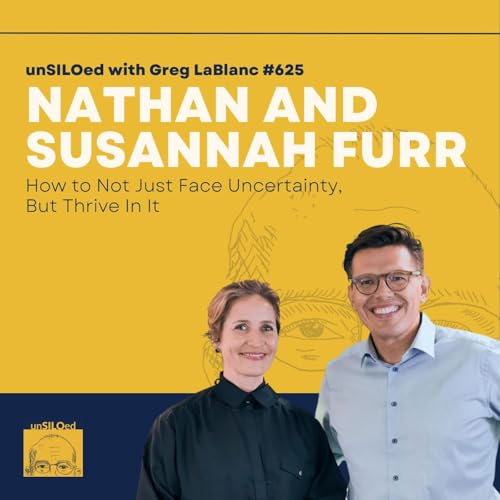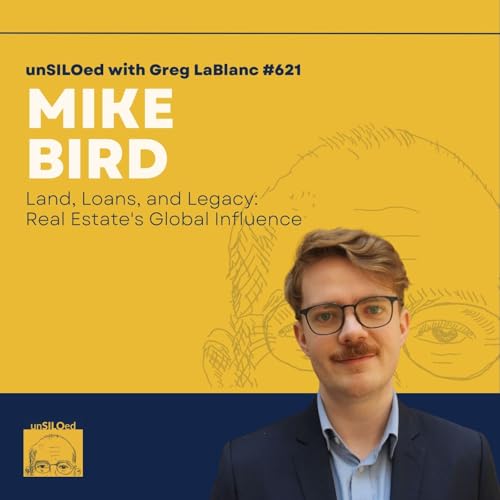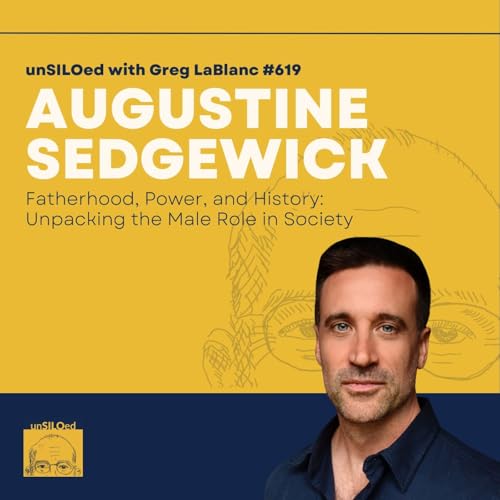What if a company could deliver high quality products at low cost, improving the value for customers and giving it a competitive edge, all while offering higher pay and career growth opportunities for its employees and not hurting the bottom line?
Zeynep Ton is a professor at MIT’s Sloan School of Management, president of the Good Jobs Institute, and author of The Case for Good Jobs: How Great Companies Bring Dignity, Pay, and Meaning to Everyone's Work.
Zeynep joins Greg to explain the interconnected components of the “good job strategy,” such as standardization, empowerment, cross-training, simplification, and the incorporation of slack in schedules. She emphasizes that companies should view their workforce as value drivers rather than costs to be minimized, advocating for investment in employees for better productivity and sustainable company growth.
*unSILOed Podcast is produced by University FM.*
Episode Quotes:The ‘good job strategy’ requires systems thinking
43:47: A lot of organizations operate in silos, and ‘the good job strategy’ requires systems thinking, interconnected decisions, and all the decisions coming back to: how do we create value for the customer and how does this interact with other choices to deliver that type of value? And as long as we do the AB testing and requiring on, rigorous, and I do not think it is rigorous, it is, yeah, it is math, but it is not rigorous logic, it will be very difficult to adopt this.
Standardization is a gift
28:51: Standardization is a gift because there are so many things I do not even have to think about. So, think each of these choices is helpful to say what are the mindsets that are driving the choices, when used that way, and standardization is not just about work, [but also] standardization of management practices.
Why ‘the good job strategy’ creates competitive advantage
13:02: I can see a lot of companies in the same industry using ‘the good job strategy’ as long as they have a differentiation in the eyes of their customers and they’re improving their value, continuously using the strategy. It’s not good jobs that differentiates. It’s the customer value that is a source of competitive advantage.
Why unmet basic needs drive employee turnover
17:02: You ask our students what motivates people. Everybody is gonna talk about is a sense of belonging, achievement, meaning, recognition. Of course, those things are the motivators. But so many people do not have their basic needs met. And there is tremendous lack of awareness. And those are, oftentimes, the biggest reasons for employee turnover that I have seen in many organizations that I work with.
Show Links:Recommended Resources:
- Good Jobs Institute
- Toyota Production System
- John Paul MacDuffie
- Charlie Munger
- Queueing theory
- “How CEOs Manage Time” by Michael Porter and Nitin Nohria
- Bob Nardelli
- Pete Stavros
Guest Profile:
- Faculty Profile at MIT Sloan School of Management
- Professional Website
- Professional Profile on LinkedIn
Guest Work:
- The Case for Good Jobs: How Great Companies Bring Dignity, Pay, and Meaning to Everyone's Work
- The Good Jobs Strategy: How the Smartest Companies Invest in Employees to Lower Costs and Boost Profits
Hosted by Simplecast, an AdsWizz company. See pcm.adswizz.com for information about our collection and use of personal data for advertising.
 55 分
55 分 52 分
52 分 50 分
50 分 55 分
55 分 55 分
55 分 54 分
54 分 2026/02/1153 分
2026/02/1153 分 56 分
56 分
